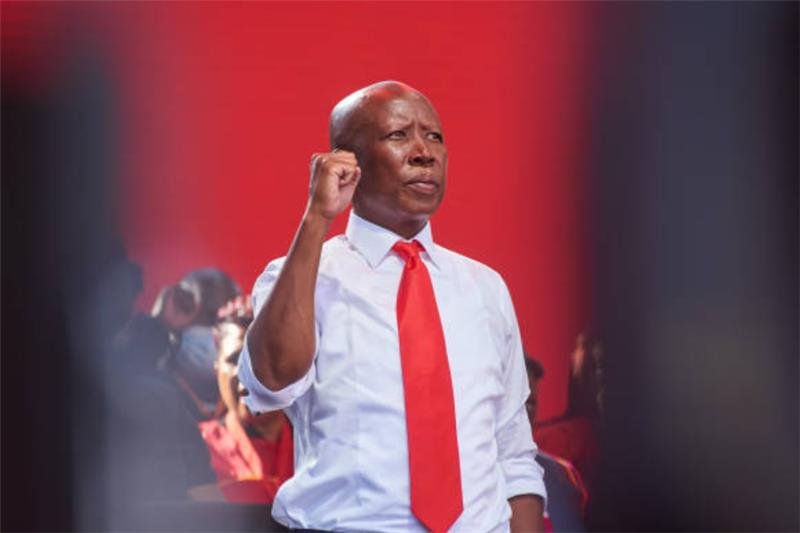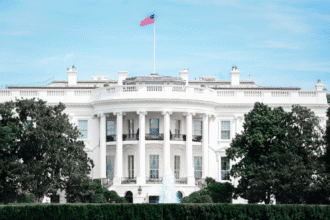Julius Malema, the leader of South Africa’s opposition party, has been officially found guilty by the Equality Court of hate speech. The ruling is based on comments uttered by Malema at a 2022 rally by the Economic Freedom Fighters (EFF), a political party of which he is the leader.
He had contentious things to say in his speech after an alleged white attack on an EFF member. The court said that Malema overstepped the barrier separating political speech and incitement to violence. The case is regarded as having been a landmark in legal practice within South Africa regarding inflammatory political speech in a post-apartheid situation.
What Did the Court Rule?
The Equality Court held that the comments made by Malema could have instigated harm. In particular, his remark–you must never be afraid to destroy–was considered as an encouragement to violence.
As the court noted, it is a free speech to speak out against racism but not to encourage murder as a revenge. It termed the words of Malema as an incitement of the utmost form of harm imaginable. This ruling was based on two grievances; the first was filed by the Human Rights Commission, and the second was presented by a citizen. Here is the link to our article on Australia’s Indigenous Politics.
How Did the EFF Respond?
The EFF vociferously opposed the findings and judgment of the court, terming it as having flaws. The party claimed that the speech of Malema was metaphoric and based on revolutionary resistance language.
In his official announcement, the EFF claimed that the court did not take into account historical context and underestimated the comprehension ability of the average listener to political symbolism. They charged the judiciary with misunderstanding liberation-era rhetoric to face value threats.
Why Was Malema Denied Entry to the UK?
In mid-2024, the United Kingdom prohibited Malema from entering its country. His presence was considered to be non-conducive to the public good by the Home Office.
The ruling cited his previous speeches, such as one in favor of Hamas, and previous statements that were construed to mean incitement to racial violence. The EFF condemned the ban as an effort to muzzle dissent and an effort to suppress democratic discourse on global affairs. Here is the link to our article on the Political Power Struggle.
Has Malema Faced International Criticism?
Yes. U.S. President Donald Trump is reported to have criticised Malema in a high-level meeting with South African President Cyril Ramaphosa. Trump broadcast a video of Malema singing a virulent anti-apartheid song that is generally viewed as aimed at white farmers.
In spite of violent lyrics portrayed in the song, the Supreme Court of South Africa has decided that these chants are mostly symbolic, rather than literal, especially when used in the political arena. The court supported the view that an informed electorate would not take the song to mean a call to violence.
What Is the Broader Context?
The problem of racial tensions is very delicate in South Africa, which is why, thirty years after the collapse of apartheid in 1994, this issue is still present. Politicians such as Malema use the language of history to reach their base.
Nevertheless, this hate speech decision indicates that the law courts can no longer afford such rhetoric as it trends towards the realms of violence or provocation. The ruling can be used as a precedent on the potential freedom of speech versus the safety of the people and national unity in South Africa.
Final Thoughts
This latest hate speech case against Julius Malema highlights the difficulty with which democracies attempt to control political speech. As much as free speech is essential, any call that borders on violence, intentionally or symbolically, can be prosecuted. The judgment will probably stir up a never-ending debate on issues of political responsibility, racial relations, and the future of rhetoric within South African civil life.








